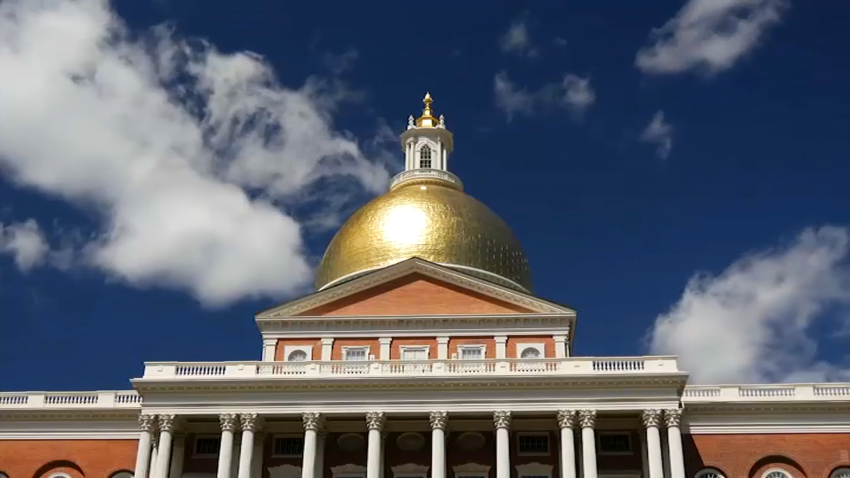

The Latest
-

Market Basket seeks restraining order against fired executives
A hearing is scheduled for 10 a.m. Thursday in Lowell Superior Court. Market Basket has filed a legal complaint against two fired executives, claiming they have traveled to nearly two dozen stores in three states in recent days “to intimidate employees, to precipitate a work slowdown, employee walkout and customer boycott.” The request ... -

Training camp stock watch: Patriots defense wreaks havoc on top offense
Phil Perry breaks down a dominant day from the Patriots’ defense and a notable Kyle Dugger development in his stock watch from training camp Day 14.
-

Mass. cancer biotech cuts 25% of its workforce
Bicycle Therapeutics cuts 25% of workforce
-

Police, FBI investigating after 3 more bomb threats on Nantucket over the weekend
Police and the FBI are now investigating four bomb threats on Nantucket over the past week. All four incidents were determined to be false reports. The latest incident happened on Saturday night. Nantucket police said all four calls have threatened to place an explosive device at 16 Main St. which is home to a Ralph Lauren store. Each time, theR... -

Patriots training camp recap: McDaniels talks Maye; Dugger in backup role?
From Josh McDaniels’ comments to Kyle Dugger sliding down the depth chart, Tom E. Curran and Phil Perry share news and notes from Patriots training camp.
-

Person flown to hospital after car crashes into tree, ends up on other car in Mass.
Someone had to be flown to the hospital after a car crashed into a tree in Blackstone, Massachusetts, on Sunday night, according to the town’s fire department.
-

What Celtics waiving Miles Norris means for end of Boston's roster
Chris Forsberg makes sense of the Celtics’ latest roster move, as the team waived Miles Norris on Sunday to free up a two-way roster spot.
-

Massachusetts tax collections rose 7.1% due to millionaires tax
Amid months of hand-wringing about the state’s financial footing, Massachusetts ended the most recent budget cycle with tax collections that just about matched the official forecast for modest growth.









